Table of Contents
- Types of Distractions in Students' Life
- Digital Distractions
- Environmental Factors
- Psychological and Emotional Factors
- Strategies for Students to Avoid Distractions
- Time Management Techniques
- Creating a Distraction-Free Study Environment
- Healthy Habits
- Strategies for Teachers and Tutors
- Strategies for Parents
- Role of Libraries and Educational Institutions
- Conclusion
It is night time and you are sitting on your bed, looking at your to-do list. It is staring you back, largely unchecked. You lay down to sleep but your mind is continuously reminding you about all the assignments and tasks which deadlines are approaching and you are nowhere near to complete them.
Why is it happening? Well, it is because you lack productivity and motivation in your life. You are running the whole day, squeezing extra hours of study into your schedule, and trying to excel in your academic life but you are failing miserably.
This lack of productivity is largely due to different kinds of distractions in your life. How can you deal with them and enhance your productivity? This blog is going to discuss it along with the roles of other educational stakeholders.
Types of Distractions in Students' Life
Digital Distractions
The major type of distraction in a student's life is digital distractions. Online games, Netflix, social media and messaging apps can cause major types of distractions in a student's life. A study told us that students spend 42 percent of their time on non-course related apps.
Message notifications can cause a distraction while students are studying so they start multitasking by checking their devices along with studying. A researcher found that when an average person multitasks, it takes them almost 23 minutes and 15 seconds to come back to their original tasks. So, when you start watching social media or messaging your friends, it can take you almost half an hour to get back to your studies. This distraction can cause a time vacuum that can impact the time and productivity of yours.
Environmental Factors
Various environmental factors can also cause distractions. If your environment is disorganized, it can be a source of distraction. You will need a lot of time to find your books and tools which can be frustrating.
Moreover, you can get distracted by different activities in your home. You may want to sleep in your bedroom, play in your living room or spend quality time with your family. If there are young siblings, they will create a lot of noise that can be a distraction.
Friends and parties can also be a distraction because you may want to attend any party or play with your friends. Messages from peers or having conversations with them during the classroom can cause distractions.
Psychological and Emotional Factors
Different emotions can also cause distractions. One of the major ones is anxiety. It stresses the nervous system and harms learning and memory. So, performance anxiety can have a huge impact on productivity.
Except for it, different other issues can also cause distraction. For example, fear of exams, desire to party, and guilt of not giving proper time to sports teams or families can have a toll on the productivity of students.
Strategies for Students to Avoid Distractions
Students can follow a lot of strategies to enhance their productivity and avoid distractions.
Time Management Techniques
You can follow different time management techniques to enhance productivity and eliminate distractions. Eisenhower Matrix is a technique in which you can prioritize your important tasks before going toward the less important ones. For this, you should organize your projects. There are different AI productive tools such as Edworking that you can use.
The Pomodoro technique is another one that enables you to set the timer for 25 minutes. You need to focus on your project for 25 minutes and then you can take 10 minutes. In these minutes, you can do different meditation exercises or can use your digital devices.
Creating a Distraction-Free Study Environment
You should have a dedicated study corner in your home to avoid distractions from your environmental factors. You should make a schedule and corner for study and don't distract from it. In your schedule, you can add dedicated time for friends and parties too. Moreover, you should keep your mobile away from your study corner.
If you can't do this, you should switch off the notifications on your mobile. You can use app blockers such as Focus. To avoid noise, you should use sound-blocking headphones.
Healthy Habits
You should develop healthy habits such as meditation to deal with psychological issues. For this, you can use Calm or Headspace apps. Moreover, you should also develop the habit of physical exercise. Research has shown the positive impact of walking on memory. So, you should develop these healthy habits for enhancing your productivity.
Strategies for Teachers and Tutors
Teachers should take certain steps to enhance the productivity of students. For this, they should promote interactive and active learning methods. These are inquiry-based learning, project-based learning and self-directed learning.
They can use interactive apps such as Kahoot, Quizlet, multimedia, PowerPoint presentations, podcasts and other technology to motivate students. Research has shown that the use of Kahoot and Quizlet enhances the productivity of students. Moreover, they can create tech-free zones in the classroom where students are not allowed to use any digital device that can cause distraction.
Strategies for Parents
Parents should make a dedicated study space for their kids, make rules about screen time and provide all the resources their kid needs to eliminate distractions. They can use Screen Time or Family Link apps to monitor their kids’ devices to know whether they are focusing on educational apps or getting distracted.
If there are small kids, they should set their routine in such a way that they don't create any noise to distract their older kids from studying. It is also crucial to talk about the source of distraction with the kids to know why they are getting distracted and what they can do to help them.
Role of Libraries and Educational Institutions
Educational institutes should introduce different educational software in their classroom system that blocks distracting apps and websites in the classroom. CANVAS and Classe365 are examples of such software. Moreover, they should develop certain rules about the use of digital devices and avoid noise in educational institutes.
Libraries can also do the same thing to provide a quiet and peaceful environment for kids so that they can read. Moreover, they can provide them with essential resources for enhancing productivity. PDF drive has a lot of eBooks and Coursera has a lot of courses related to productivity that libraries can give to students
Conclusion
To conclude this conversation, distractions of different types are impacting the productivity of students. Different researchers have told us how social media is distracting students from their studies and impacting their academic scores. To deal with this issue, every educational stakeholder can take part in it. We have discussed different strategies for each of them in this blog. So, they all should fulfill their responsibilities. EdTech can help them to fulfill their jobs so they should make it a part of their lives.







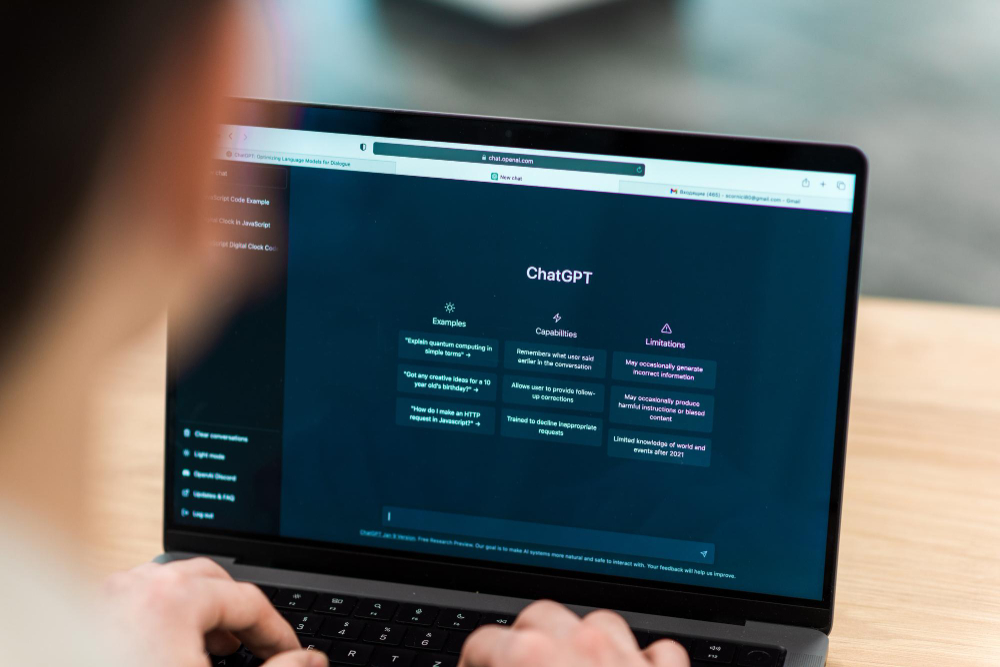





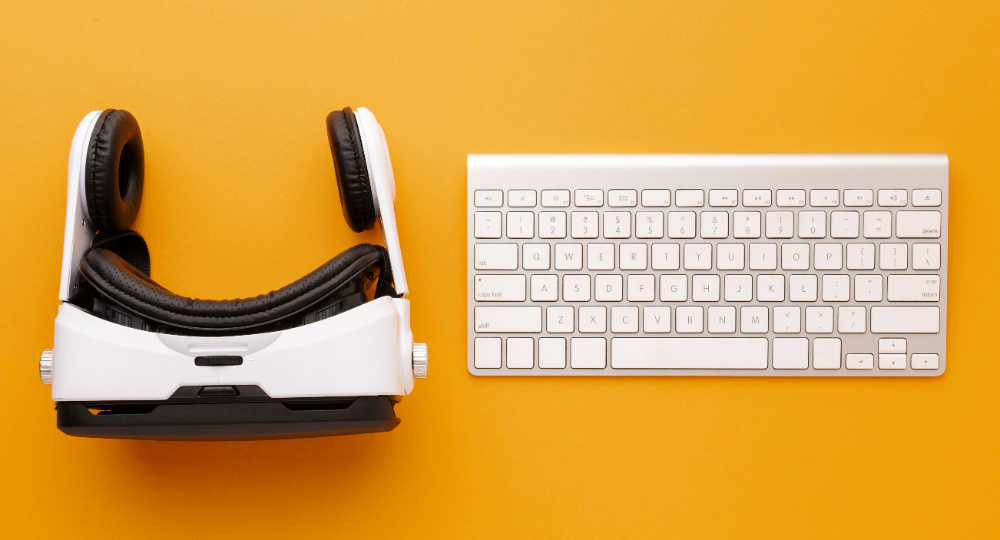
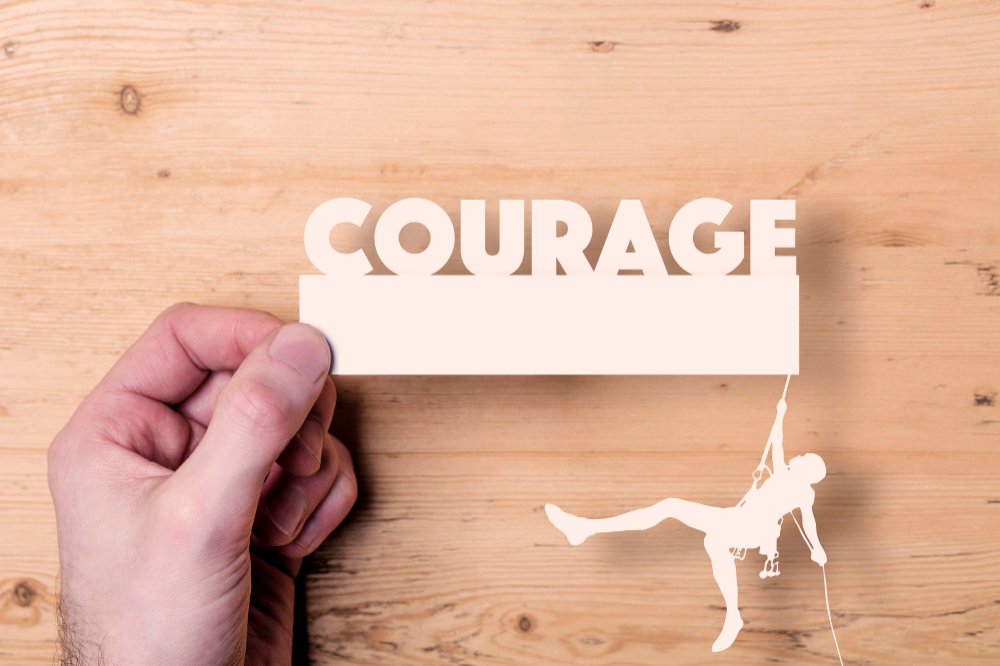

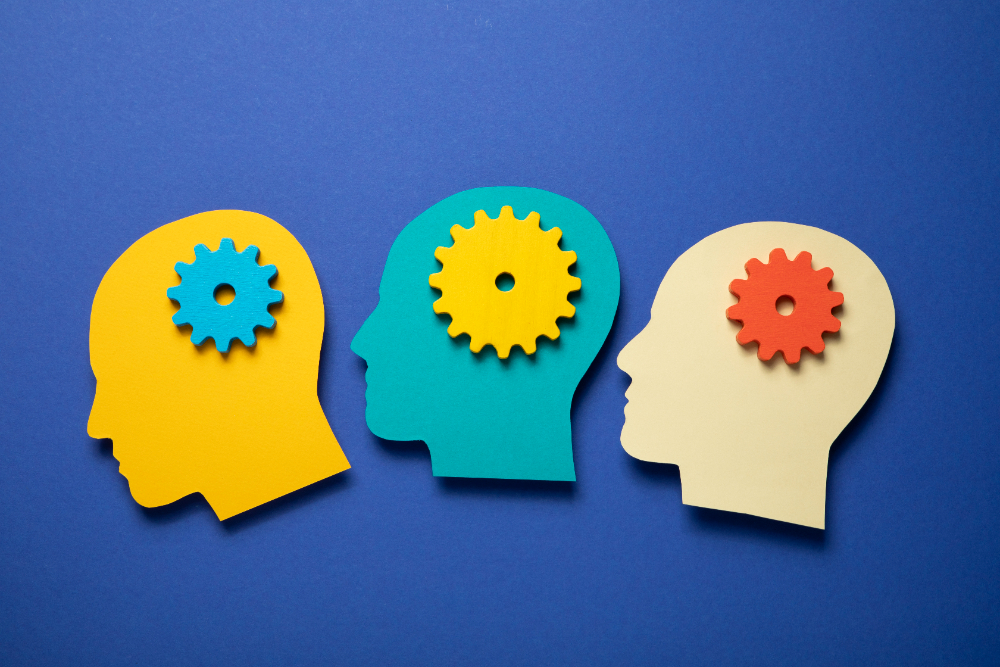
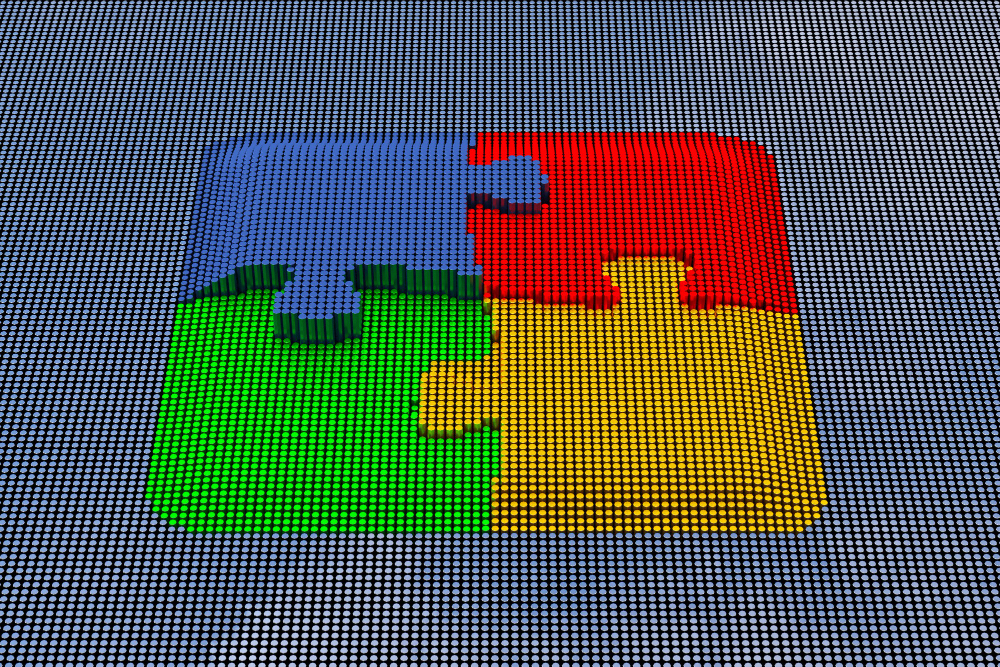
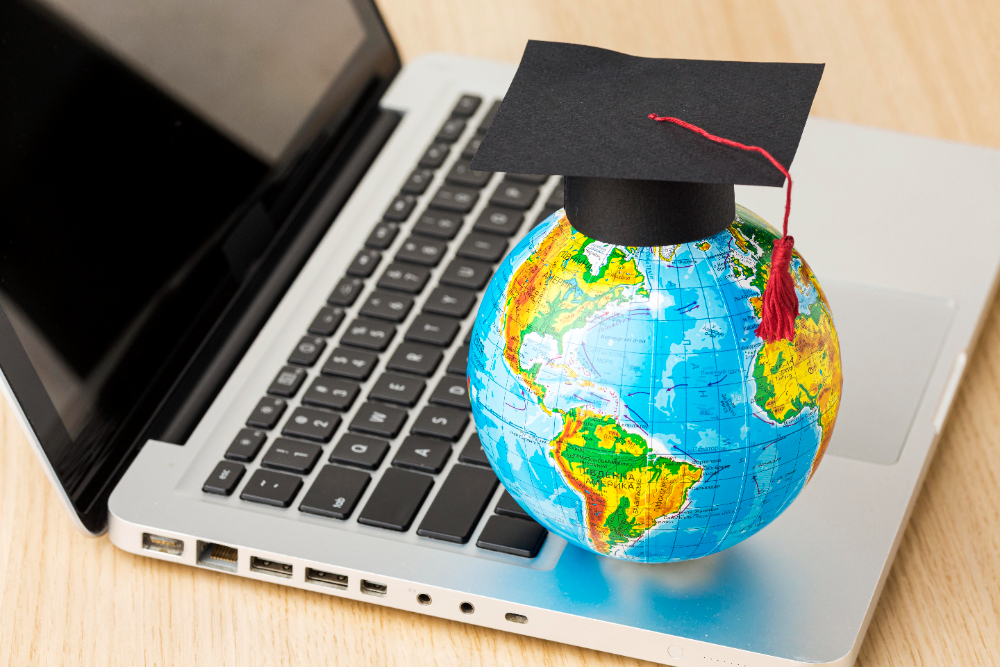

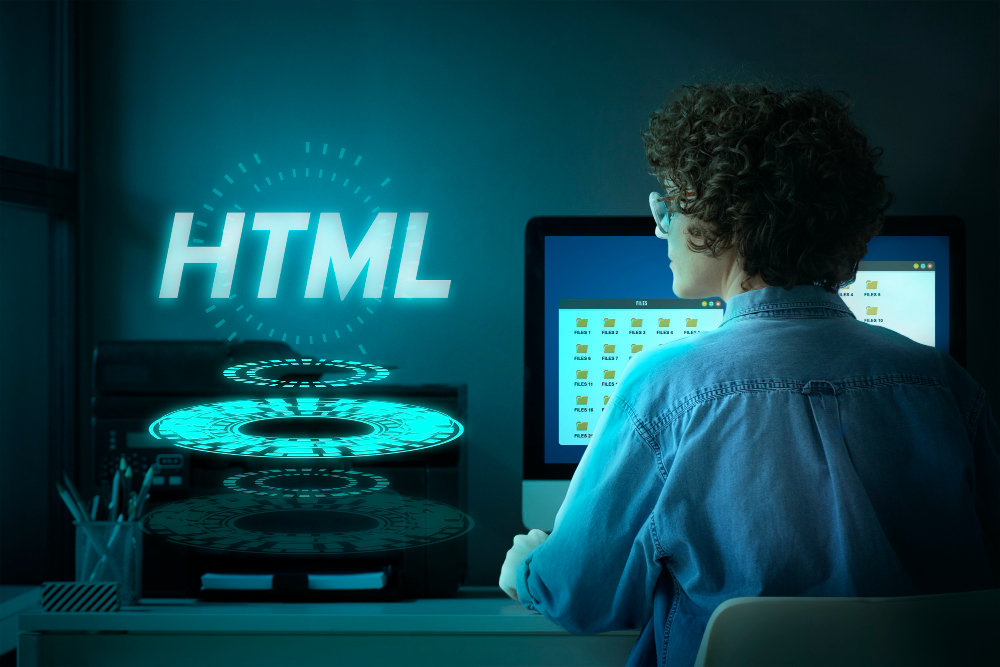

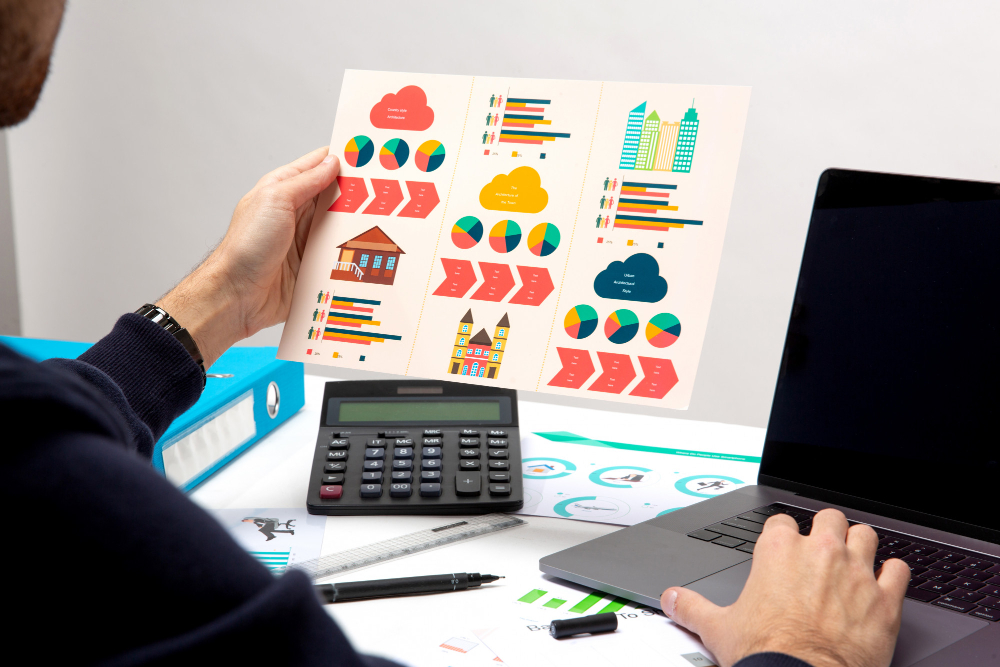
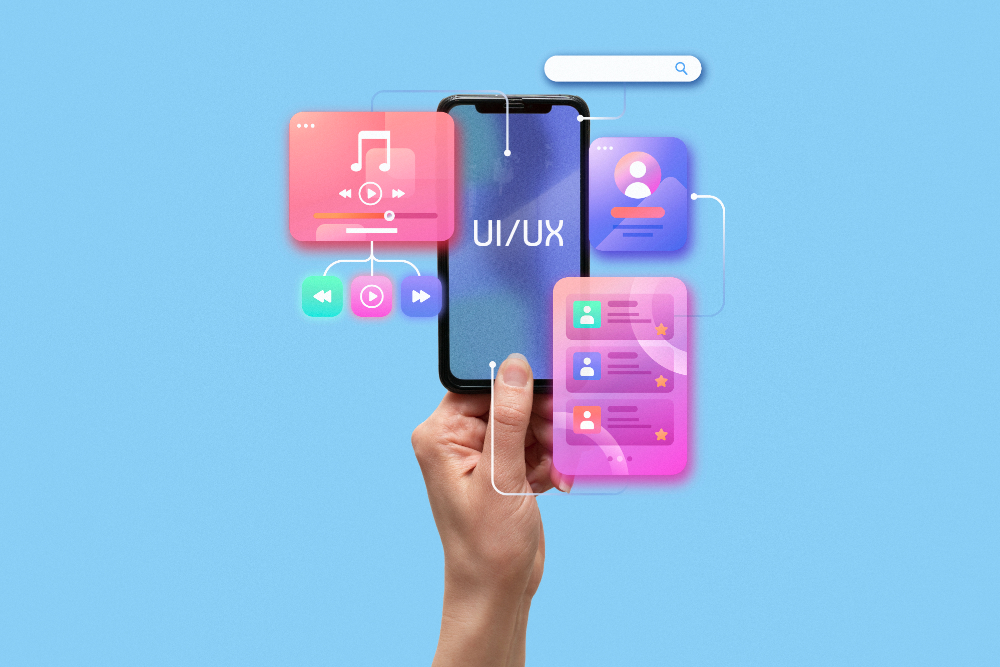
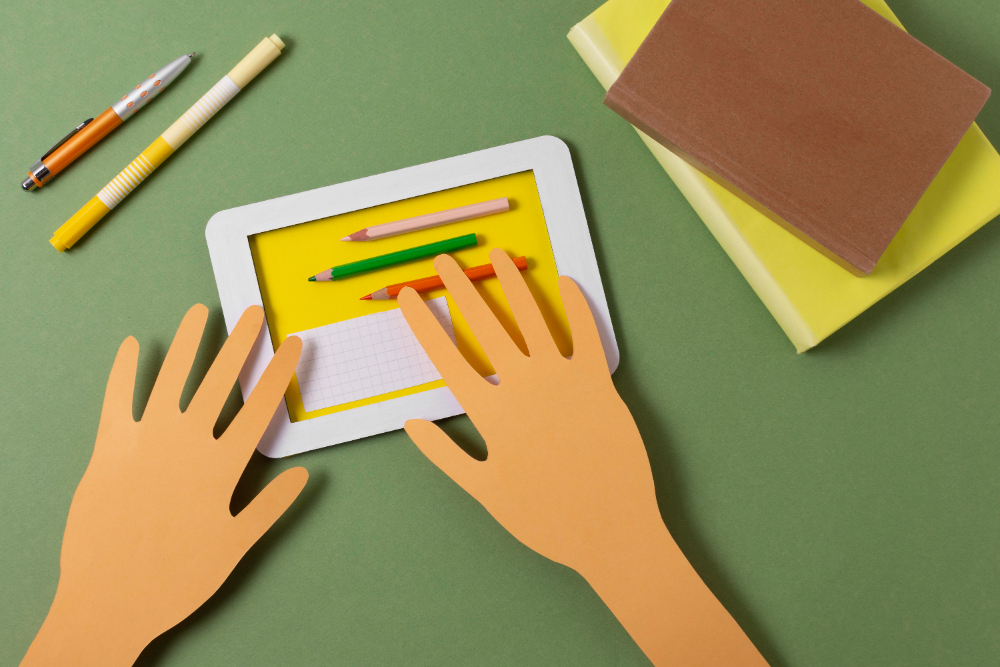
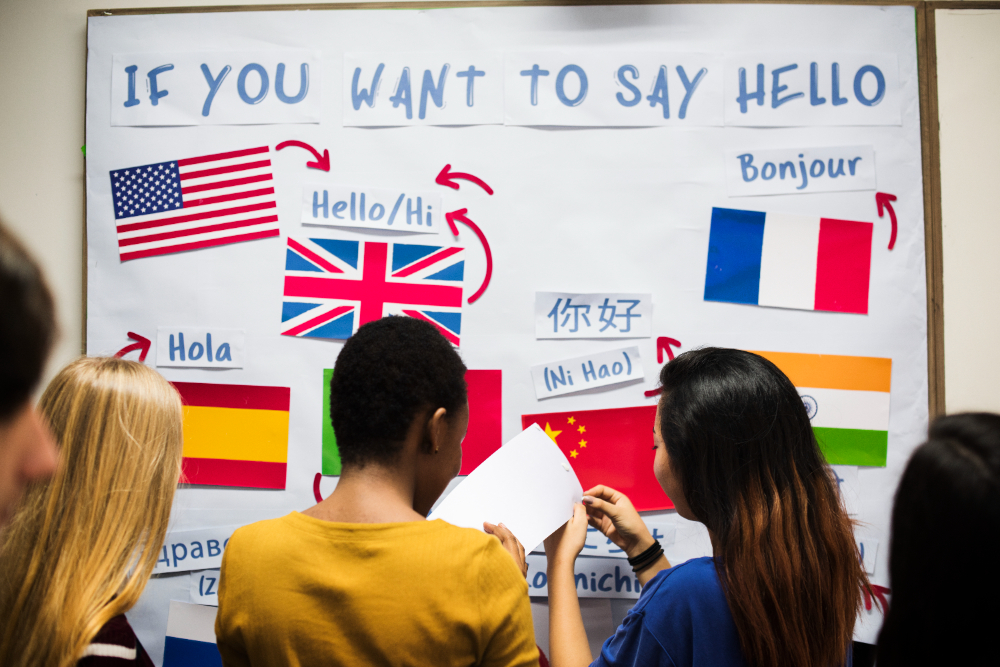

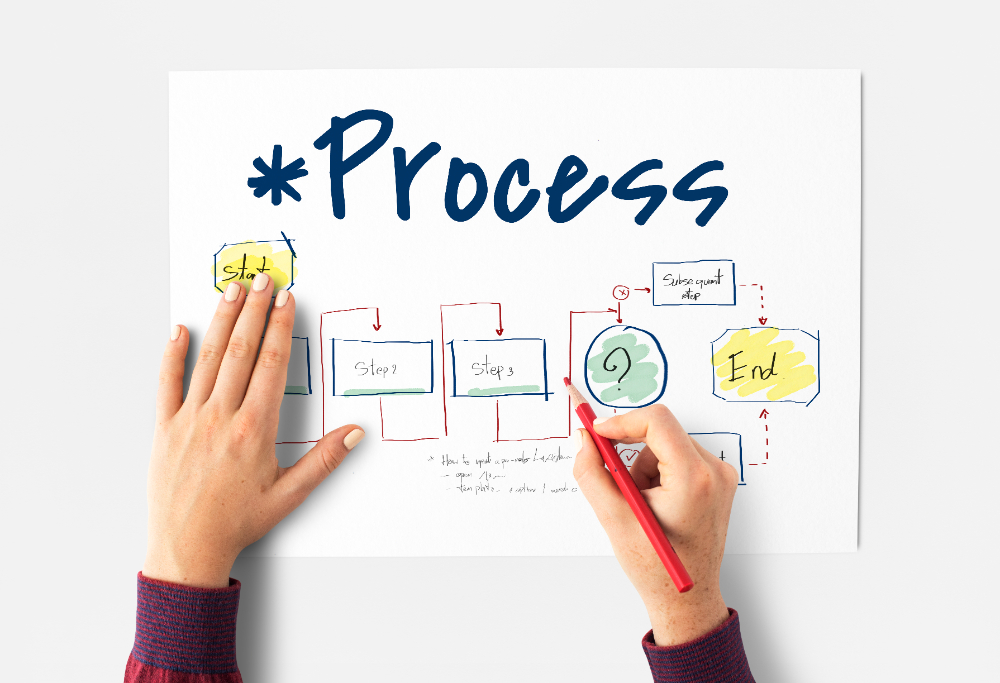

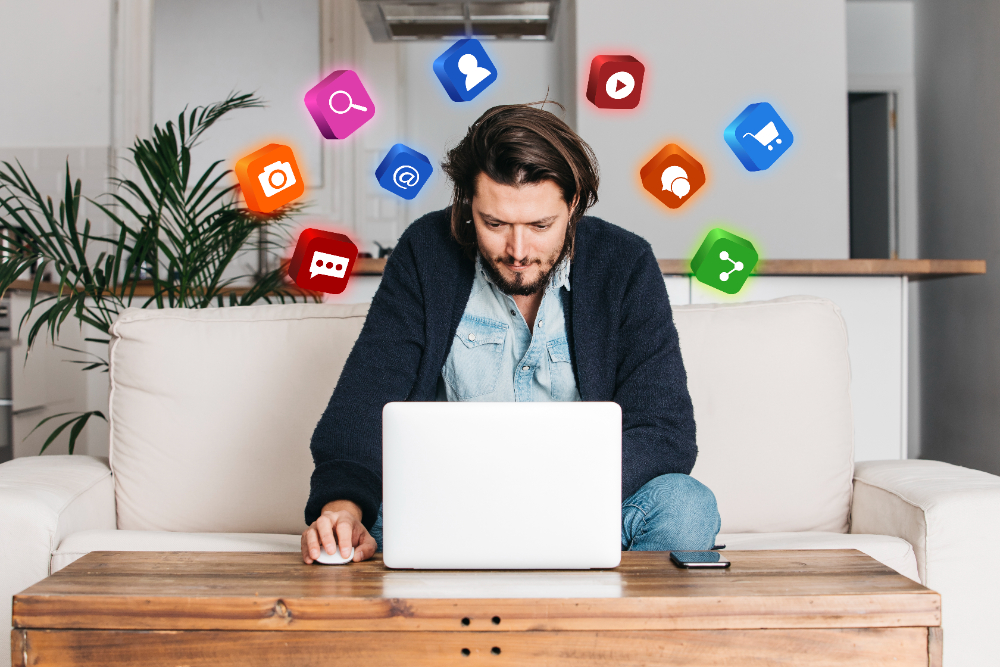
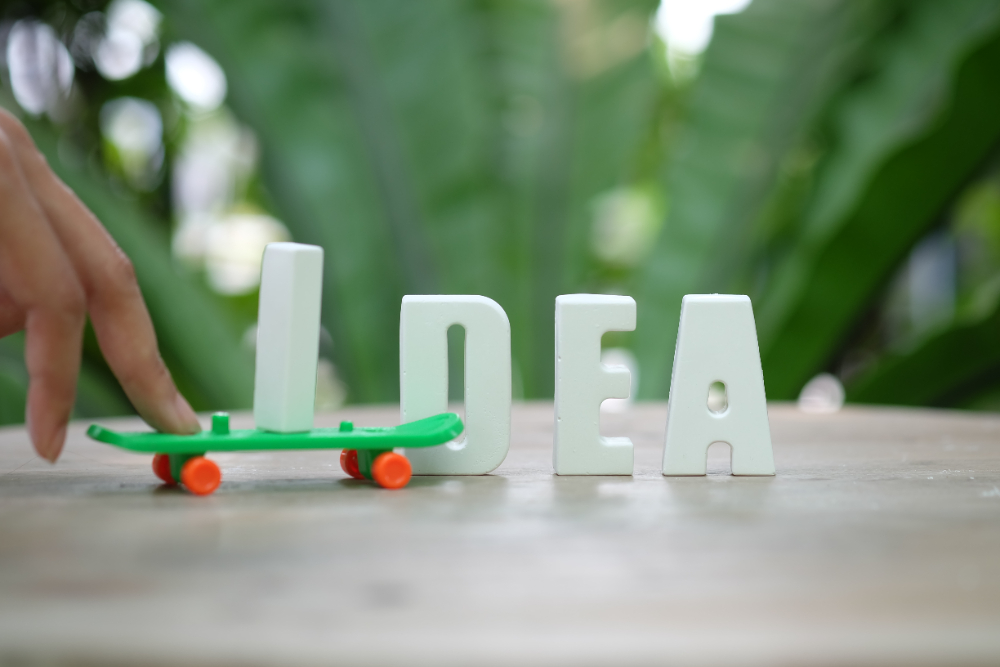
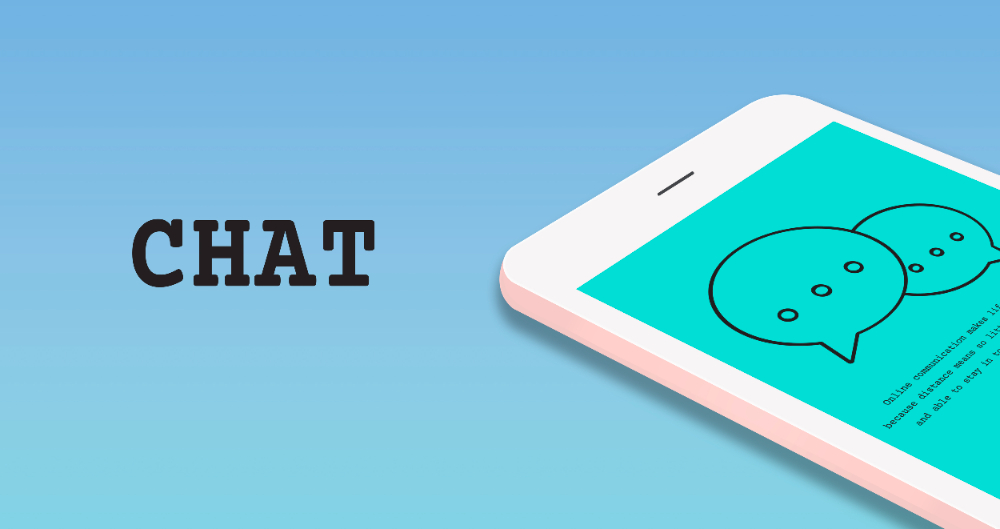
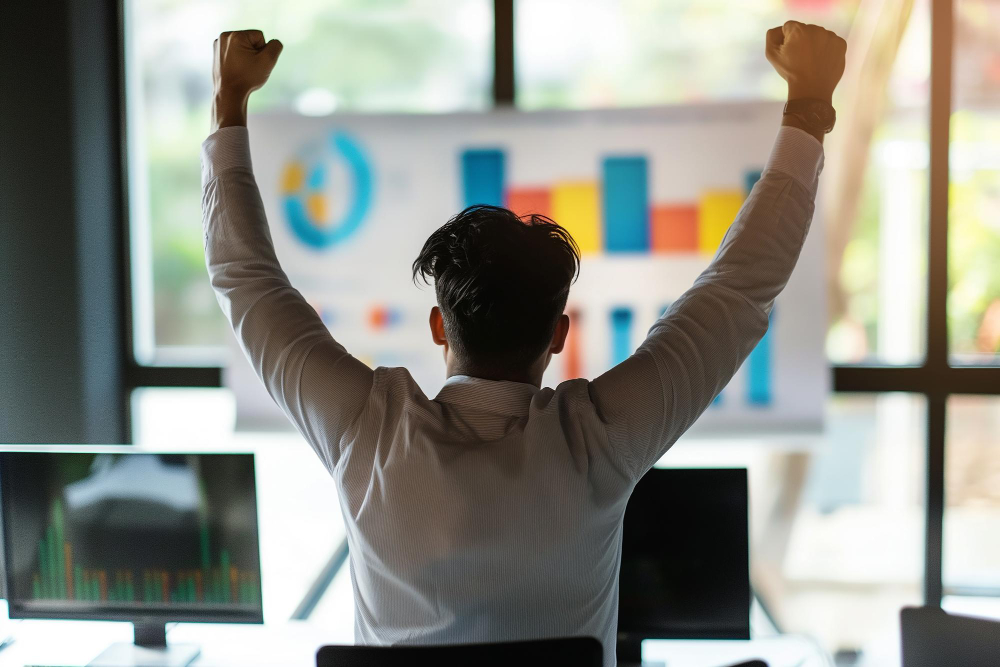
Comments are closed.